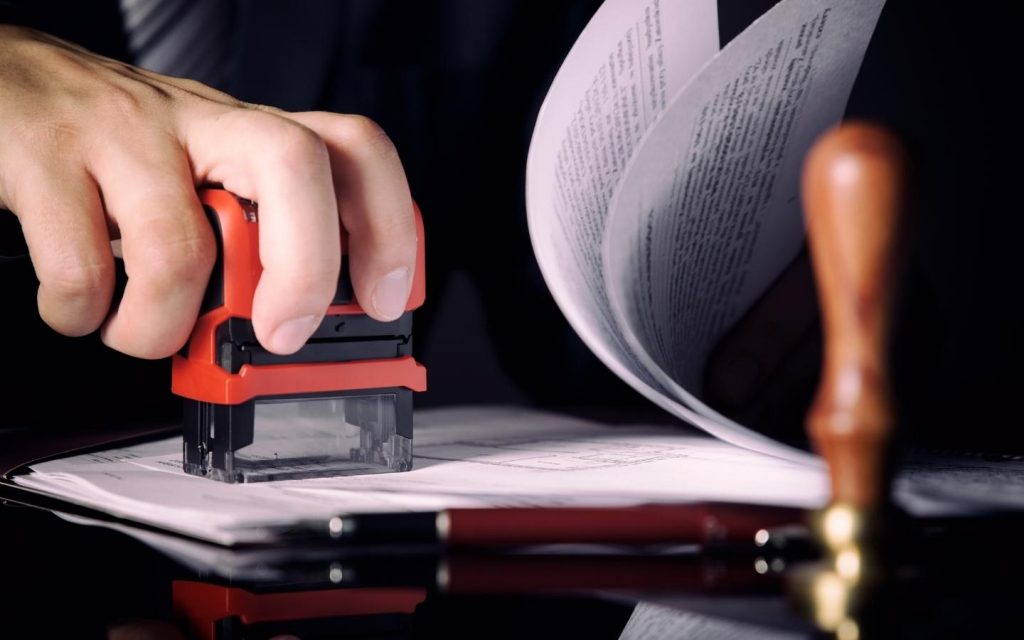The Dos and Don’ts of Bankruptcy
Bankruptcy can be a complex and intimidating process. If you’re considering filing for bankruptcy, it’s important to understand the dos and don’ts to ensure that your bankruptcy case proceeds as smoothly as possible. A seasoned bankruptcy lawyer can provide invaluable advice on what to do and what not to do when filing for bankruptcy.
Table of Contents
ToggleIn this article, we’ll take an in-depth look at the dos and don’ts of bankruptcy from the perspective of a seasoned bankruptcy lawyer. We’ll provide you with practical advice on how to navigate the bankruptcy process, what to expect, and how to avoid common mistakes.
The Dos of Bankruptcy
Do Hire an Experienced Bankruptcy Lawyer
The first and most important “do” of bankruptcy is to hire an experienced bankruptcy lawyer. Bankruptcy laws are complex, and the process can be confusing and overwhelming. An experienced bankruptcy lawyer can guide you through the process, help you understand your options, and provide you with advice on how to proceed.
When choosing a bankruptcy lawyer, it’s important to find someone who specializes in bankruptcy law and has experience handling cases similar to yours. Look for a lawyer who has a good reputation in the legal community and who is willing to take the time to explain the bankruptcy process to you.
Do Gather All Your Financial Documents
Before filing for bankruptcy, you’ll need to gather all your financial documents. This includes bank statements, tax returns, pay stubs, and any other documents related to your income and expenses. You’ll also need to gather documents related to any debts you owe, such as credit card statements and loan documents.
Having all your financial documents in order before filing for bankruptcy can help ensure that your case proceeds smoothly. It can also help your bankruptcy lawyer determine the best course of action for your case.
Do Attend Credit Counseling
Before filing for bankruptcy, you’ll need to attend credit counseling. Credit counseling is a mandatory requirement for all bankruptcy filers, and it’s designed to help you understand your financial situation and explore alternatives to bankruptcy.
During credit counseling, you’ll meet with a counselor who will review your finances and help you develop a plan to get back on track. This can include creating a budget, negotiating with creditors, or exploring debt consolidation options.
Do Be Honest and Transparent
When filing for bankruptcy, it’s important to be honest and transparent with your bankruptcy lawyer and the court. This means disclosing all your assets and debts, including any property you own, any money you owe, and any sources of income.
Being honest and transparent can help ensure that your bankruptcy case proceeds smoothly and that you receive the best possible outcome. If you withhold information or are dishonest with the court, you could face serious consequences, including fines or even criminal charges.
Do Follow Your Lawyer’s Advice
Your bankruptcy lawyer is there to guide you through the process and provide you with advice on how to proceed. It’s important to follow your lawyer’s advice and recommendations, even if they’re not what you want to hear.
Your lawyer has the experience and knowledge necessary to help you navigate the bankruptcy process, and ignoring their advice could result in serious consequences. Trust your lawyer and work together to achieve the best possible outcome for your case.
The Don’ts of Bankruptcy
1. Don’t Transfer Property or Assets
One of the most important “don’ts” of bankruptcy is to avoid transferring property or assets before filing for bankruptcy. This includes transferring property to family members, friends, or business associates.
Transferring property or assets before filing for bankruptcy can be considered fraud, and it could result in serious consequences, including the dismissal of your bankruptcy case or even criminal charges. If you’re considering transferring property or assets, consult with your bankruptcy lawyer first.
2. Don’t Take on New Debt
When filing for bankruptcy, it’s important to avoid taking on new debt. This includes opening new credit cards, taking out new loans, or making large purchases on credit.
Taking on new debt before filing for bankruptcy can be considered fraud and could result in your bankruptcy case being dismissed. It’s also important to avoid using credit cards or taking out loans once your bankruptcy case has been filed, as this could be viewed as an attempt to avoid paying your debts.
3. Don’t Hide Assets
Another important “don’t” of bankruptcy is to avoid hiding assets. This includes transferring assets to someone else, failing to disclose assets, or undervaluing assets.
Hiding assets can be considered fraud, and it could result in serious consequences, including fines or even criminal charges. It’s important to be transparent and honest about your assets when filing for bankruptcy.
4. Don’t Ignore Your Financial Responsibilities
Filing for bankruptcy doesn’t relieve you of all your financial responsibilities. It’s important to continue paying any ongoing bills, such as rent, utilities, and car payments.
Ignoring your financial responsibilities can result in serious consequences, including eviction, repossession, or foreclosure. It’s important to prioritize your ongoing bills and make sure you’re able to continue paying them throughout the bankruptcy process.
5. Don’t Be Disorganized
Finally, it’s important to be organized throughout the bankruptcy process. This includes keeping track of all your financial documents, attending all required meetings and hearings, and responding promptly to any requests from your bankruptcy lawyer or the court.
Being disorganized can result in delays or mistakes in your bankruptcy case, which could ultimately harm your chances of receiving the best possible outcome. Stay organized and stay on top of all the requirements and deadlines associated with your bankruptcy case.
Conclusion:
In conclusion, bankruptcy can be a difficult and emotional process, but it can also be a fresh start for those struggling with overwhelming debt. By understanding the dos and don’ts of bankruptcy and working closely with a seasoned bankruptcy lawyer, you can navigate the process with confidence and achieve the best possible outcome for your financial situation.
Remember to be honest and transparent, follow your lawyer’s advice, and avoid common mistakes like taking on new debt or hiding assets. With patience, perseverance, and a little bit of help, you can make a successful financial fresh start.
Remember, bankruptcy is a legal process that requires attention to detail and compliance with strict rules and regulations. Working with a bankruptcy lawyer can help ensure that your case is handled properly and that you receive the best possible outcome.
If you’re considering filing for bankruptcy, don’t hesitate to reach out to a qualified bankruptcy lawyer in your area. They can help guide you through the process and provide you with the support and advice you need to make the best decisions for your financial future.
Lastly, it’s important to remember that bankruptcy is not the end of the road. With a fresh start, you can take steps to rebuild your credit and move forward with your life. With discipline, hard work, and a little bit of luck, you can get back on your feet and achieve your financial goals.




